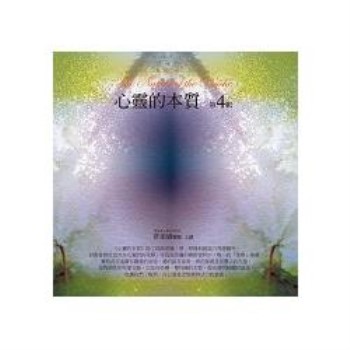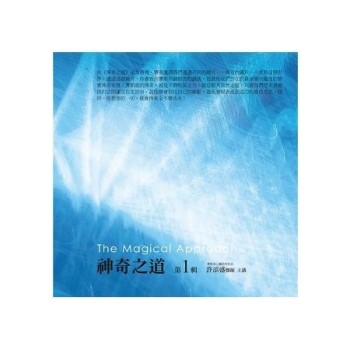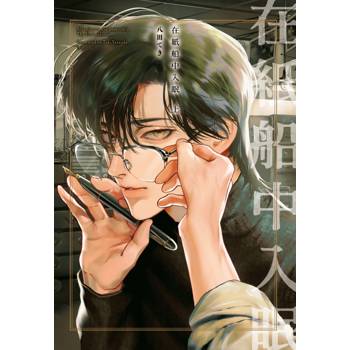Arguing that the exercise of power in democratic Athens, especially during its brief fifth-century empire, raised troubling questions about the alleviation and infliction of suffering, this book examines how pity emerged as a timely topic in Atheninan culture. Ten essays examine the role of pity in the literature, art, and society of classical Athens by analyzing evidence from tragedy, philosophy, historiography, epic, oratory, vase painting, sculpture, and medical writings. Athenians had power and used it ruthlessly, but the infliction of suffering did not mesh well with their civic self-images.
| FindBook |
有 1 項符合
Pity And Power In Ancient Athens的圖書 |
 |
Pity And Power In Ancient Athens 作者:Sternberg 出版社:Cambridge University Press 出版日期:2005-07-25 語言:英文 規格:精裝 / 356頁 / 23.6 x 16 x 2.5 cm / 普通級 |
| 圖書館借閱 |
| 國家圖書館 | 全國圖書書目資訊網 | 國立公共資訊圖書館 | 電子書服務平台 | MetaCat 跨館整合查詢 |
| 臺北市立圖書館 | 新北市立圖書館 | 基隆市公共圖書館 | 桃園市立圖書館 | 新竹縣公共圖書館 |
| 苗栗縣立圖書館 | 臺中市立圖書館 | 彰化縣公共圖書館 | 南投縣文化局 | 雲林縣公共圖書館 |
| 嘉義縣圖書館 | 臺南市立圖書館 | 高雄市立圖書館 | 屏東縣公共圖書館 | 宜蘭縣公共圖書館 |
| 花蓮縣文化局 | 臺東縣文化處 |
|
|
圖書介紹 - 資料來源:博客來 評分:
圖書名稱:Pity And Power In Ancient Athens
|










